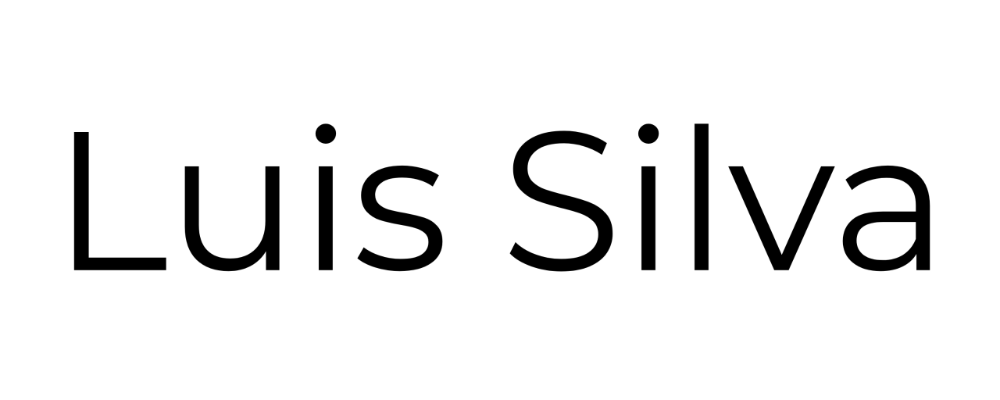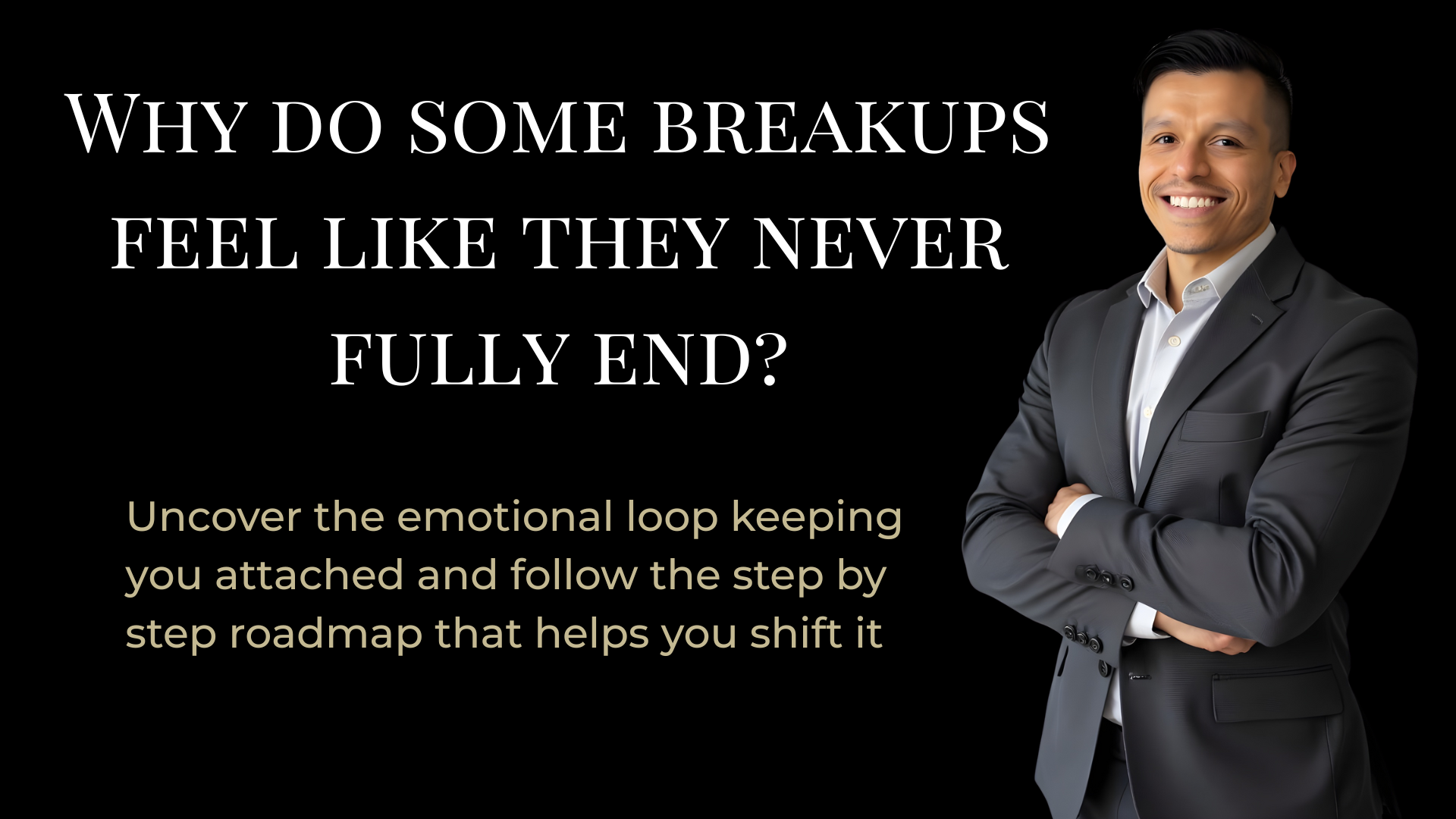
Why You Keep Attracting the Same Type of Unavailable Men (The Pattern Exposed)
You see the red flags from the first date - the way he keeps his phone face down, the vague answers about his weekend plans, that familiar distant look when conversations get real. Yet there you are, three months later, wondering why you're crying over another man who couldn't commit. Sound familiar?
This isn't about bad luck or meeting the "wrong guys." What you're experiencing is a deeply ingrained pattern that connects your external success to your internal relationship dynamics in ways you might never have considered. The same drive that pushes you to excel professionally might be sabotaging your love life, creating an unconscious attraction to the very type of men who will keep you emotionally hungry.
The Achiever's Paradox: When Success Becomes Your Relationship Kryptonite
High-achieving gay men often possess an interesting psychological makeup. You've likely spent years perfecting the art of pursuing challenging goals, pushing through obstacles, and finding satisfaction in conquering what others deemed impossible. This mindset has served you brilliantly in your career, fitness goals, and personal ambitions.
But here's where things get complicated - that same reward system in your brain doesn't differentiate between a challenging work project and a challenging romantic prospect. When someone is easily available, emotionally present, and genuinely interested in building something real with you, your achiever brain might interpret this as "too easy" or "not worth pursuing."
The unconscious thought pattern sounds like this: "If he's this interested in me, what's wrong with him? Real prizes require effort to win."
This creates a twisted logic where emotional unavailability becomes synonymous with high value. You find yourself drawn to men who are lukewarm, inconsistent, or clearly dealing with their own emotional barriers - not because you consciously want drama, but because your success-oriented mind has been trained to find worth in difficulty.
Confusing Intensity with Connection: The Chemistry Trap
Think about the last time you felt that overwhelming "spark" with someone. Chances are, it wasn't with the steady, reliable guy who texted back promptly and made consistent plans. It was with someone who created emotional peaks and valleys - incredible highs followed by confusing lows that left you analyzing every interaction.
What you're experiencing isn't necessarily chemistry or compatibility. It's often the neurochemical response to inconsistent reinforcement. Your brain releases dopamine more intensely when rewards are unpredictable, which is why that hot-and-cold behavior creates such compelling "chemistry."
Meanwhile, genuine emotional connection - the kind built on trust, consistency, and mutual vulnerability - can feel calm by comparison. It doesn't trigger the same addictive neurochemical response, so your pattern-seeking mind dismisses it as "friendship" or "lacking passion."
This is where many high-achieving men get stuck: mistaking emotional chaos for deep connection and stable partnership for boring compatibility.
The Protection Pattern: How Past Hurt Shapes Present Choices
Your attraction to unavailable men often serves as an unconscious protection mechanism. If you've been deeply hurt before - whether through a devastating breakup, family dynamics, or early experiences of rejection - part of your psyche might have decided that emotional safety lies in keeping people at arm's length.
Choosing unavailable partners allows you to experience the thrill of romance and connection while maintaining an emotional exit strategy. You can't be fully rejected or abandoned by someone who was never fully present to begin with. It's a brilliant, if self-defeating, strategy for avoiding the vulnerability that real love requires.
This pattern often develops so gradually that you don't recognize it consciously. You might tell yourself you're just attracted to "independent" men or that you prefer "low-maintenance" relationships. But underneath, you're systematically selecting partners who can't hurt you the way you've been hurt before - because they're incapable of the depth required to reach your most vulnerable places.
The Familiarity Factor: Why Dysfunction Feels Like Home
Your nervous system is wired to seek what feels familiar, even when familiar isn't healthy. If your early experiences of love - whether from family dynamics or first relationships - involved inconsistency, emotional withholding, or having to "earn" affection, your adult relationships will unconsciously recreate these dynamics.
This doesn't mean you consciously want to be treated poorly. Instead, your emotional system recognizes certain patterns as "love" because that's how love was originally defined in your experience. The push-and-pull dynamic, the uncertainty, the need to prove your worth - these elements can feel more authentic than straightforward affection and availability.
Here's what makes this particularly challenging: when someone treats you with consistent kindness and availability, it can actually trigger anxiety or discomfort because it doesn't match your internal blueprint for how love "should" feel.
The Achievement Addiction Spillover
As someone who's learned to find identity and validation through accomplishment, you might unconsciously approach relationships with the same mindset. Unavailable men become projects to "win over" or challenges to "solve." Their emotional distance triggers your achievement drive, making you feel like their eventual availability will prove your worth in a way that easy love never could.
This creates a particularly cruel irony: the very traits that make you successful professionally - persistence, determination, the ability to see potential where others see problems - become liabilities in your romantic life when applied to the wrong people.
You might find yourself creating elaborate strategies to "break through" to emotionally unavailable men, using the same problem-solving skills that served you so well in other areas. But relationships aren't business deals to be closed or obstacles to be overcome - they're partnerships that require mutual investment from the start.
The Identity Integration Challenge
Many high-achieving gay men struggle with integrating their professional success with their relationship desires. You've learned to be independent, self-sufficient, and in control of your outcomes. These traits served you well during periods when you couldn't rely on family support or societal acceptance.
But now, when you're ready for partnership, these same protective strategies can work against you. You might unconsciously select partners who won't challenge your independence or require you to be truly vulnerable. Unavailable men feel safer because they won't ask you to risk the emotional exposure that comes with real intimacy.
This creates an internal conflict: part of you desperately wants connection, while another part fears what true partnership might require you to surrender or change about your carefully constructed life.
Breaking Free: Recognition as the First Step
Understanding these patterns doesn't immediately dissolve them, but recognition is where transformation begins. You're not broken or doomed to repeat these cycles forever. These patterns developed for valid reasons - they served important protective functions during certain periods of your life.
The goal isn't to judge yourself for these patterns but to understand them with compassion. Your attraction to unavailable men made sense given your history, your conditioning, and your survival strategies. Now that you're aware of the pattern, you can begin making different choices.
Start by noticing when you feel that familiar "spark" with someone new. Instead of immediately following that feeling, pause and ask yourself what specifically is creating that attraction. Is it their emotional availability and consistency, or is it the challenge they represent? Is it genuine compatibility, or is it your achiever brain interpreting their distance as high value?
Redefining What Real Connection Looks Like
True emotional availability might feel surprisingly calm compared to the intensity you've grown accustomed to. A genuinely available partner won't create the dramatic highs and lows that trigger your neurochemical reward system. Instead, they'll offer steady presence, clear communication, and the kind of reliability that allows real intimacy to develop gradually.
This kind of connection requires you to tolerate a different type of vulnerability - not the anxiety-inducing uncertainty of wondering where you stand, but the deeper exposure of being truly known by someone who's consistently present to know you.
Learning to recognize and appreciate this kind of availability is a skill that develops over time. It requires patience with yourself as you retrain your attraction patterns and learn to find excitement in emotional safety rather than emotional chaos.
Moving Forward: Your Next Steps
Recognizing these patterns is the beginning of changing them, but lasting transformation requires more than awareness. It requires understanding the specific roots of your patterns and developing practical strategies for making different choices when familiar attractions arise.
You don't have to remain stuck in cycles that leave you emotionally exhausted and romantically unfulfilled. These patterns can be changed, but it requires the right approach and support to address both the conscious and unconscious drivers of your relationship choices.
The same intelligence and determination that built your professional success can be redirected toward creating the love life you actually want - one where your achievements enhance your relationships rather than sabotaging them, and where emotional availability becomes as attractive as any challenge you've ever conquered.
Remember: You're not broken for having these patterns. You're simply ready to evolve beyond strategies that once served you but now limit your capacity for the deep, satisfying love you deserve.
Ready to Break Free from Heartbreak?
Discover the Proven Steps to Rebuild Confidence and Thrive in Life After Love.
Join a Community That Gets You and Helps You Thrive!
Join a community of high-achieving gay men receiving exclusive tools, tips, and support to overcome heartbreak and create a life they love.
We respect your privacy. Your information is 100% secure and will never be shared, sold, or used for spam. You can unsubscribe at any time.


